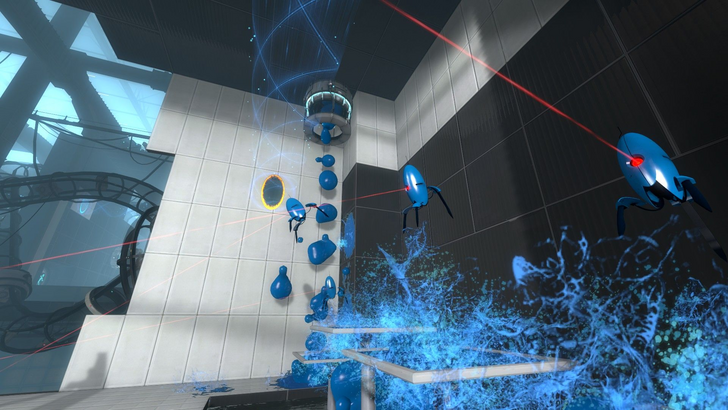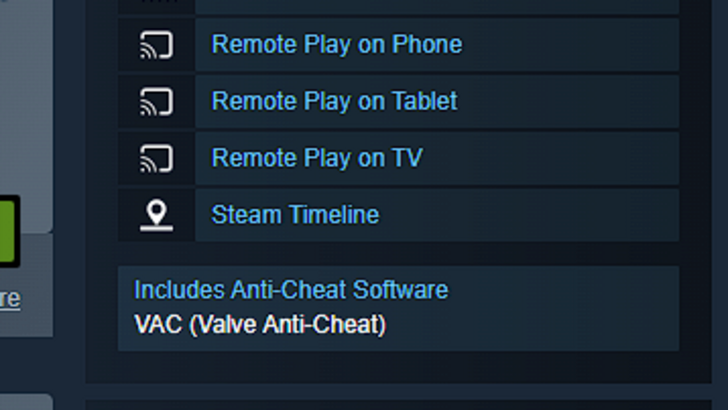Steam Anti-Cheat Tool Stirs Division
- By Matthew
- Nov 01,2024

Steam Unveils New Tool for Describing Anti-Cheat in GamesKernel Mode Anti-cheat Must Be Indicated, Steam Says

For client or server-based anti-cheat systems that aren’t kernel-based, this disclosure remains entirely optional. However, games using kernel-mode anti-cheat must indicate its presence—a step likely intended to address growing community concerns about these systems' intrusiveness.

Valve’s update appears to be a response to ongoing feedback from both developers and players. Developers have been looking for a straightforward way to communicate anti-cheat details to their audience, while players have called for greater transparency on anti-cheat services and any additional software installations required by games.

This change not only simplifies communication for developers but also reassures players, offering them clearer insights into the software practices employed by games on the platform.
Initial Comments are as Divisive as Kernel Mode Anti-Cheat

Community reactions have been largely positive, with many users praising Valve for its "pro-consumer" approach. However, the update’s rollout hasn’t been without its critics. Some community members took to the comments to nitpick grammar inconsistencies in the field’s display and found Valve’s wording—particularly the use of "old" to describe past games that might update this information—awkward.

Regardless of this initial reaction, Valve seems to be dedicated to continuing their pro-consumer platform changes, as evidenced by their transparency regarding a recent law passed in California meant to protect consumers and combat false and misleading advertising of digital goods.
Whether this will assuage the community's apprehension at the continued use of kernel mode anti-cheat remains to be seen.
Latest News
more >-

-

-

- NPC Converses Extensively in Digital Realm
- Jan 23,2025
-

- Atomfall Unveils Gameplay Ahead of Launch
- Jan 23,2025
-

Top News
-

Emoak launches its latest casual puzzle game, now available on mobile platforms
-

No Snooze? You Lose! SF6 Tournament “Sleep Fighter” Requires You to Rest
-

Stumble Guys joins hands with My Hero Academia, heroic adventures are waiting for you!
-

Fortnite Re-Releases Paradigm Skin By Accident, Lets Players Keep It Anyways